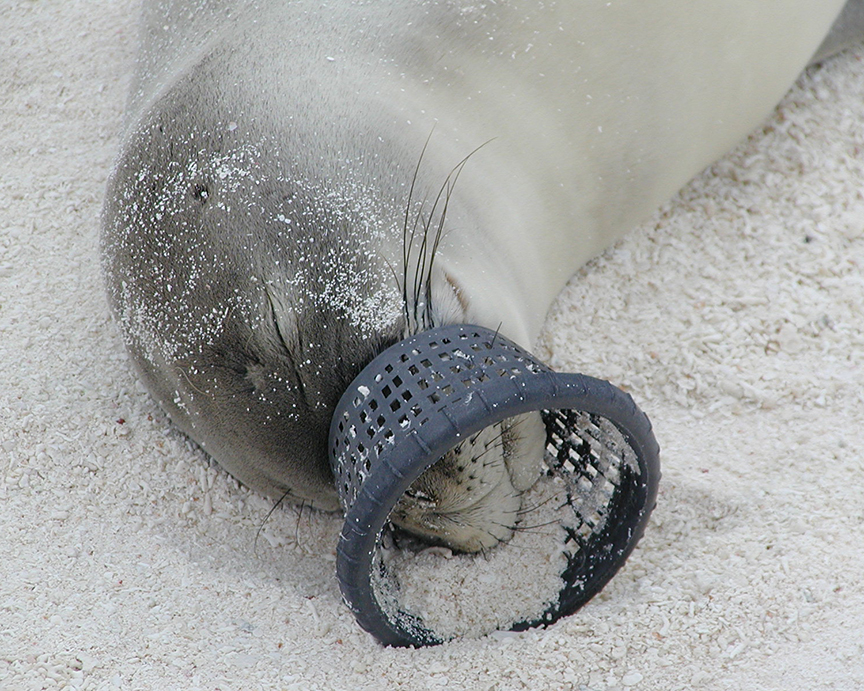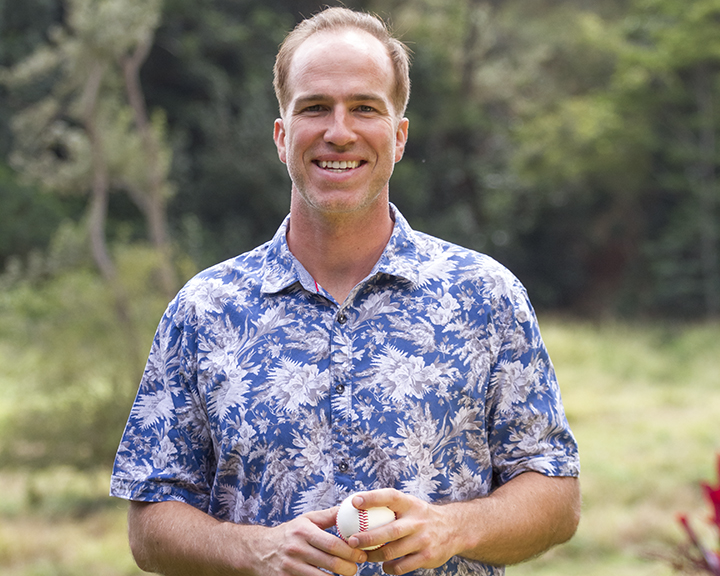By Jane Riley

Charlotte Belliard makes a healthy and punchy espresso at Small Town Coffee in Kapa‘a, Kaua‘i’s Eastside.
Coffee is most likely the most studied beverage on the planet. Because of that, there has been a lot of complex and sometimes confusing information about coffee and its impact on health.
Early observational studies of coffee consumption were not very well controlled for such variables as; associated cigarette smoking, associated poor dietary habits such as having a little sweet roll with coffee, sedentary behaviors such as using coffee as a stimulant to keep awake during studying or performing boring sedentary jobs, and also using lots of sugar or trans-fat laden non-dairy creamers or full fat cream. Because these factors were not considered independently of the actual coffee consumption, coffee was painted with a black brush.
More recently, better-designed studies have revealed the health-giving aspects of pure coffee. The U.S. Dietary Guidelines Advisory Committee has reviewed the latest evidence surrounding coffee as it relates to health and has given a recommendation that coffee in the moderate consumption range of three to five cups per day is considered a reasonable addition to a healthy diet. This amount is equivalent to about 400 milligrams of caffeine. Greater than 400 mg per day is not considered healthy and is especially unhealthy for adolescents who may consume great amounts of caffeine in soft drinks and energy drinks. Caffeine toxicity is exacerbated when combined with alcohol.
Recent studies have shown that people who drink moderate amounts of pure high quality coffee on a regular basis tend to live healthier lives because of the unique blend of anti-oxidant phytonutrients and the beneficial amounts of caffeine. It is the main source of antioxidants in most American’s diets!
Research, also has shown that most Americans get 40 percent of their daily antioxidants from coffee and only about 23 percent from their fruits and veggies! In part, coffee is healthy because many times it replaces sugary caffeine containing drinks.
Coffee has been shown to boost energy levels, increase memory and concentration, maintain blood sugar levels, boost mood and blood flow and help in fat burning. It is also an appetite suppressant. Coffee is known to boost athletic performance (ergogenic) as well as keep body weight lower because of its thermogenic effect.
New evidence shows coffee consumption may convey moderate reduced risk for type 2 diabetes and cardiovascular disease in adults. There is also some evidence suggesting caffeine intake and reduced risk of Parkinson’s disease may be linked.
Some of the polyphenols in coffee reduce inflammation in the body, and the good news is that the antioxidants and polyphenols are also retained in decaf coffee. Decaf also still contains the chlorogenic acid responsible for lowering the risk of type 2 diabetes.
People should of course realize that these benefits come from drinking pure coffee, not from sugar- and cream-laden coffee drinks which could lead to increased inflammation and chance of weight gain and diabetes onset.
Aren’t we lucky that we grow coffee on Kaua‘i?
- Jane Riley M.S., B.A., C.P.T., Certified Nutritional Adviser, Certified Behavior Change Specialist (National Academy of Sports Medicine), can be reached at janerileyfitness@gmail.com or 212-8119.
Discover more from ForKauaiOnline
Subscribe to get the latest posts to your email.





Leave a Reply